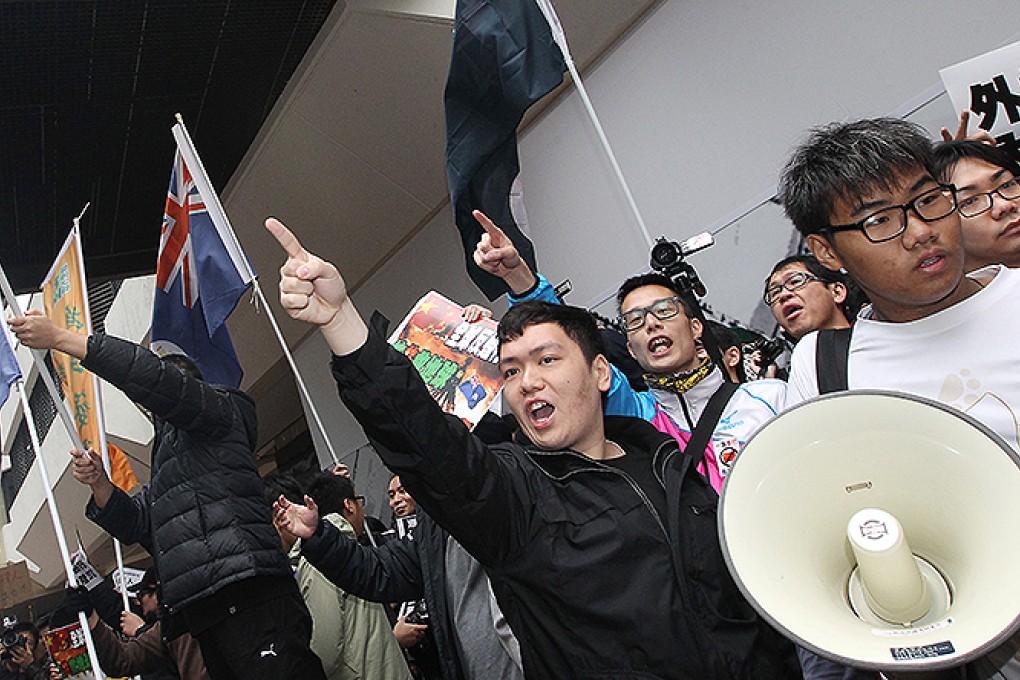Anti-mainlander protest a reminder of the limits of free speech
Cliff Buddle says the abhorrent 'anti-locust' protest should serve as a reminder to Hong Kong of the limits to our cherished freedoms

The harassment of mainland tourists during a protest in Kowloon this month has been widely condemned - and rightly so. Demonstrators in what was styled as an "anti-locust" march targeted shoppers in Tsim Sha Tsui, shouting insults and chanting slogans such as: "Go back to China." It is not surprising there were scuffles.
Such conduct is abhorrent and an affront to our generally tolerant and law-abiding society.
The subsequent soul-searching has led the Equal Opportunities Commission to suggest Hong Kong's race-hate laws might need to be extended to cover mainlanders. That, surely, should have been done when the law was enacted in 2008.
Only about 100 people were involved in the march. But tensions have been mounting as Hong Kong struggles to adapt to the increasing number of mainlanders coming here.
Protests against mainland parallel-goods traders in Sheung Shui led to scuffles last year. And, in 2012, a full-page newspaper advertisement and online video depicted mainlanders as locusts. The reference to locusts is sometimes used in a light-hearted way. But it is no laughing matter. It has echoes of the use of the word "cockroach" to dehumanise Tutsi people during the Rwandan genocide.
Officials in Hong Kong and on the mainland have been quick to condemn the protest. Now, it seems, we will have a belated attempt to extend racial discrimination laws to mainlanders.